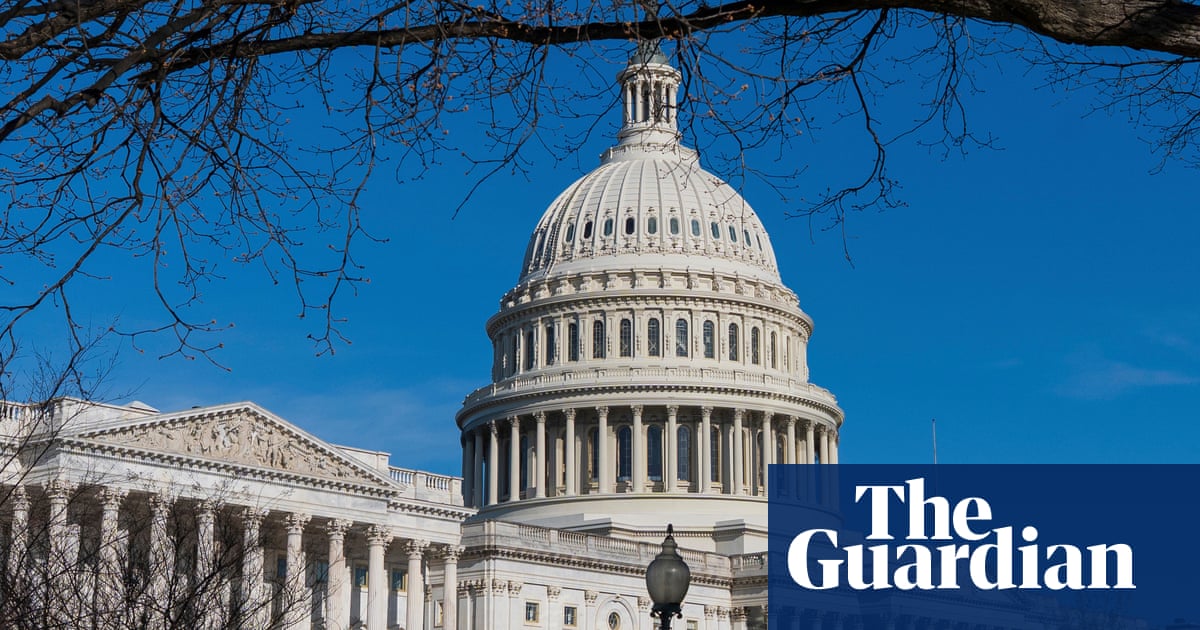Donald Trump’sadministrationmust temporarily halt its sweeping government overhaul because Congress did not authorize it to carry out large-scale staffing cuts and the restructuring of agencies, a federal judge in California said on Friday.
US district judge Susan Illston in San Francisco sided with a group of unions, non-profits and local governments in blocking large-scale mass layoffs known as “reductions in force” for 14 days.
“As history demonstrates, the president may broadly restructure federal agencies only when authorized by Congress,” Illston said.
The White House did not immediately respond to a request for comment.
The ruling is the broadest of its kind against the government overhaul that has been led byElon Musk, the world’s richest person who is also the chief executive officer of electric vehicle maker Tesla.
Dozens of lawsuits have challenged the work of the so-called “department of government efficiency” (Doge) on various grounds including violating privacy laws and exceeding its authority, with mixed results.
Trump directed government agencies in February to work with Doge to identify targets for mass layoffs as part of the administration’s restructuring plans.
The president urged agencies to eliminate duplicative roles, unnecessary management layers and non-critical jobs while automating routine tasks, closing regional field offices and reducing the use of outside contractors.
“The Trump administration’s unlawful attempt to reorganize the federal government has thrown agencies into chaos, disrupting critical services provided across our nation,” said a statement from the coalition of plaintiffs.
“Each of us represents communities deeply invested in the efficiency of the federal government – laying off federal employees and reorganizing government functions haphazardly does not achieve that.”
Illston scheduled a hearing for 22 May to consider a longer-lasting preliminary injunction.
She said that the plaintiffs are likely to succeed on merits of some of their claims in their lawsuit, which was filed on 28 April and alleged Trump exceeded his authority. It also alleged the office of management and budget, Doge and the office of personnel management exceeded their authority and violated administrative law.
Illston said plaintiffs are likely to suffer irreparable harm without the temporary restraining order, which she said preserves the status quo.
Illston said the plaintiffs submitted more than 1,000 pages of evidence and 62 sworn declarations, and she highlighted some of the material.
For example, she said the National Institute for Occupational Safety and Health and its Pittsburgh office, which researches health hazards facing mineworkers, had 221 of the department’s 222 workers terminated, citing the union. She gave similar examples at local offices of the Farm Service Agency, the Social Security Administration and Head Start, which supports early learning.
“The court here is not considering the potential loss of income of one individual employee, but the widespread termination of salaries and benefits for individuals, families and communities,” Illston wrote in her ruling.
